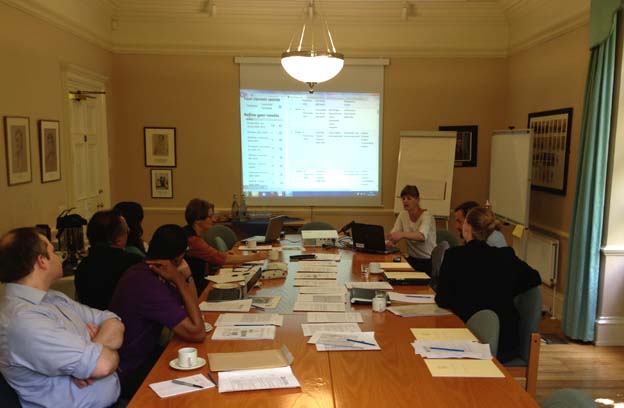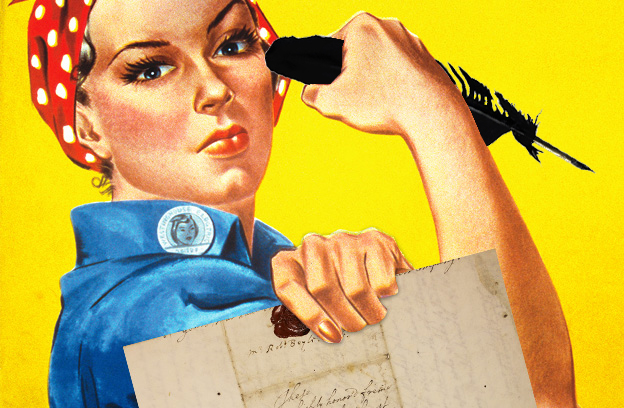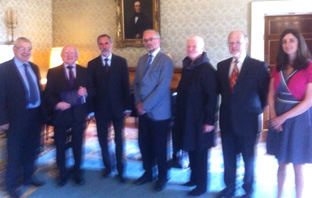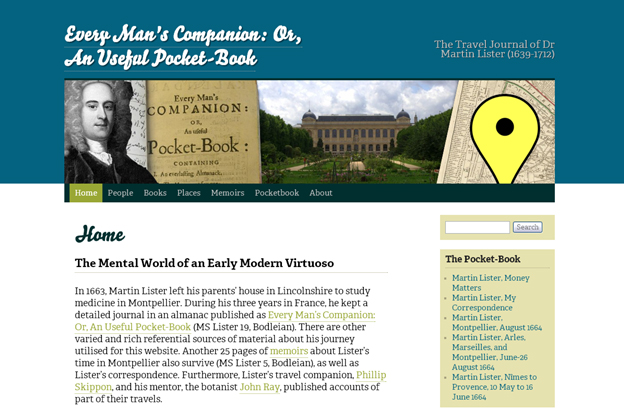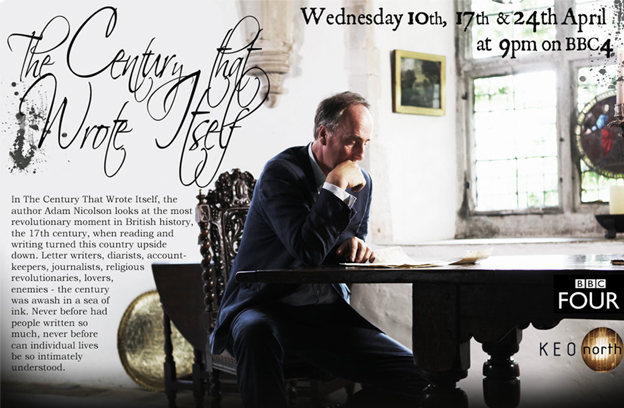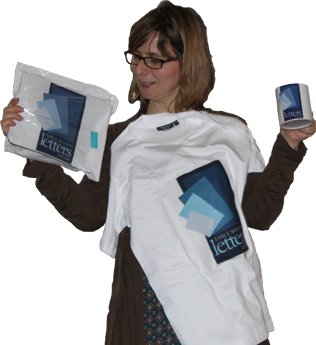[vc_message color=”alert-error” width=”1/1″ el_position=”first last”]
Deadline extended to Friday 23 August!
[/vc_message]
We’re excited to announce two full-time, fixed term job opportunities with the Project, available from 1 October 2013. Do you love early modern letters? Would you like to work for one of the University of Oxford’s largest and most exciting digital humanities enterprises? If so, read on…
Research Fellow: The Correspondence Network of Samuel Hartlib (c.1600-1662)
The first opening is for a Research Fellow (12 months) to work on the correspondence network of the seventeenth-century intelligencer Samuel Hartlib (c.1600-1662). Building on the findings of Dr Leigh Penman during the first phase of Cultures of Knowledge, and working closely with Professor Howard Hotson, our Comenius Research Fellow Iva Lelkova, and a Digital Humanities Research Fellow, the successful candidate will pay particular attention to the detailed prosopographical reconstruction of Hartlib’s epistolary community with a view to populating new biographical fields and relationships within Early Modern Letters Online. For further details of this post and to apply online, head along to the University job site.
Digital Project Manager
The second opening is for a Digital Project Manager (15 months) to coordinate all aspects of the Project and to run its diverse international team of editors, research fellows, and systems developers. Reporting to Project Director Professor Howard Hotson, and supported by a part-time administrator, the successful candidate will make sure all aspects of Cultures of Knowledge are delivered on time, to spec, and on or under budget, with particular reference to the ongoing development and population of Early Modern Letters Online. They will also take a lead on all Project reporting (narrative and financial); event planning and delivery; and marketing and dissemination (both online and offline). For further details of this post and to apply online, head along to the University job site.
The closing date for both positions is noon on Friday 23 August. We have other posts in the offing; to stay informed of these, please sign-up to the blog’s RSS Feed, Follow Us on Twitter, or join our Mailing List. If you have any queries about the above positions, e-mail james.brown@history.ox.ac.uk, or call +44(0)1865 615026. We look forward to hearing from you!
